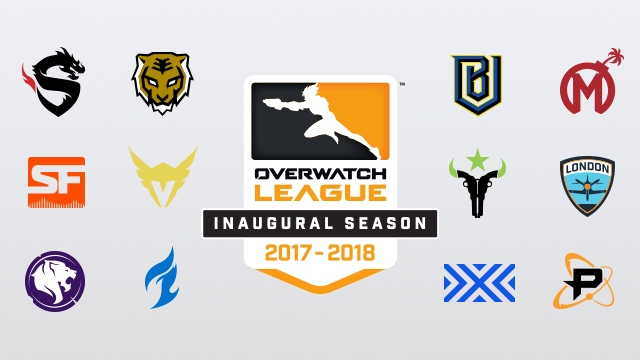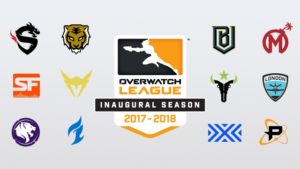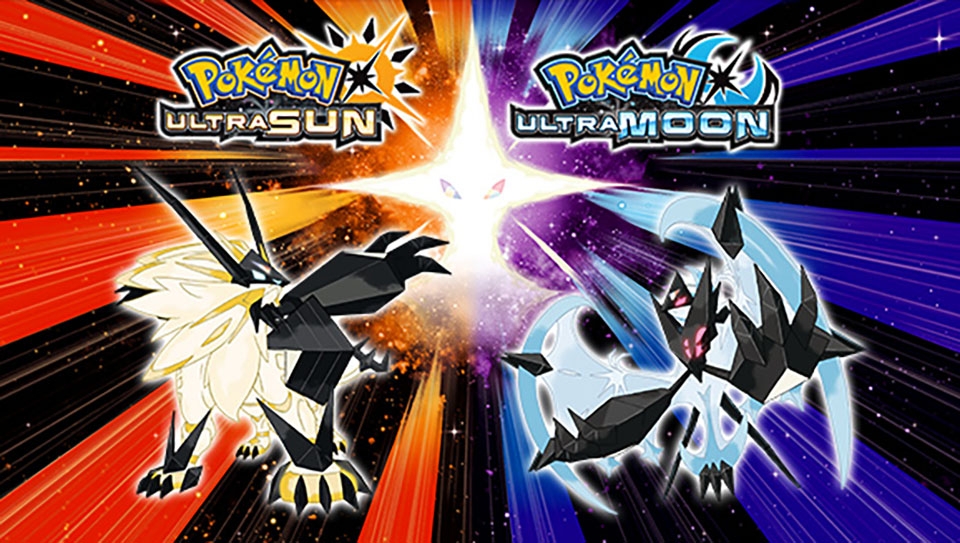

Stage 1 of the Overwatch League began on Jan. 10, and will continue until Feb. 10. Nine of the 12 teams are from the United States.
By Grant Stoner | Staff Writer
01/11/2018
In Nov. 2016, Blizzard Entertainment announced that its months-old objective-based shooter, Overwatch, would enter into the esports scene. Dubbed the Overwatch League, 12 teams from across the world will compete in a series of matches, hoping to secure a win in the championship.
Overwatch’s admittance into esports will almost certainly boost its overall popularity. According to an analyst report from Newzoo, approximately 221 million gamers will view varying events, with esports projected to earn roughly $922 million in 2018. With the creation of the League, Overwatch may soon find itself being able to compete with titles such as League of Legends, Dota 2 and Counter-Strike: Global Offensive.
Yet, the League has been marred by negative instances, even before its inaugural match on Jan. 10.
For example, it should be noted that nine of the 12 teams competing this month are from the US. Overwatch touted its venture into esports as a global affair. So then, why is the vast majority of Europe — or Asia for that matter — not competing? Gamers eagerly searching for their nation’s representation will surely be disappointed.
Aside from the lack of diverse teams, one key player from the Dallas Fuel team, Félix “xQc” Lengyel, was suspended twice over a period of two months for inappropriate game behavior. According to articles from Kotaku, Lengyel’s first suspension in November, which lasted for 72 hours, was a direct result of abusing the in-game reporting mechanic. His most recent run-in with Overwatch authorities occurred due to the player intentionally throwing games. For those unaware, throwing a game results in a player purposefully performing poorly so that their team ultimately loses.
While these incidents were specific to Lengyel, they demonstrate a greater problem within the League. Officials need to be strict about these outbursts, because gamers are consistently forced to defend themselves to ignorant audiences. They are viewed as losers, social outcasts and immature individuals who are unable to handle even mild stress or criticism. By giving players like Lengyel a massive platform, his actions are going to be viewed by millions. To the uneducated eye, Lengyel represents the gaming population. League moderators should not have toxic individuals be present on the world stage.
Finally, Overwatch’s obsession with competitive gaming has directly impacted the development of certain characters. In a September forum post, Game Director Jeff Kaplan outwardly admitted that professional players directly influence specific changes regarding game balance. For example, a support hero named Mercy was completely reworked in order to make her playable at the pro-level. Over the course of several months, the character went from an easy entry for players new to the genre to an increasingly-fraught pick, and continuing changes make her more and more inaccessible to all except the handful of elites.
For casual players, who make up 99 percent of Overwatch’s population, their favorite characters are being destroyed by the literal 1 percent. Gamers should not be fearful of losing their heroes simply because Overwatch’s developers are too busy catering toward a small crowd.
Overwatch was initially designed as a game which could support both an esports platform as well as a large casual community. Yet, when given the opportunity, officials are behaving like bumbling idiots. It should not be this complicated for the two player basis to coexist. Instead, gamers are forced to watch as one of the best shooters of 2016 is turned into a farce, as it tries to establish itself on the world stage.



